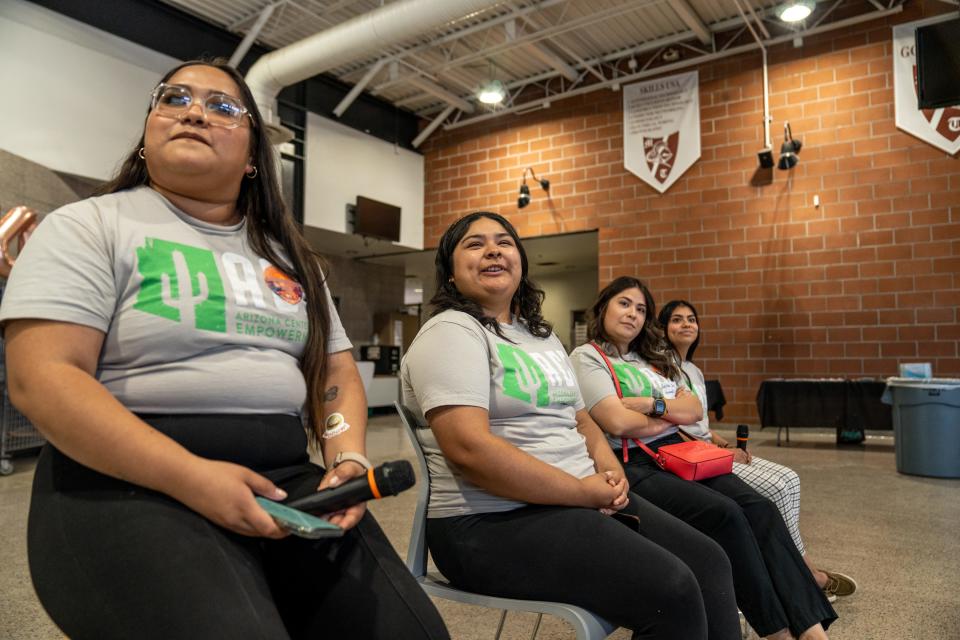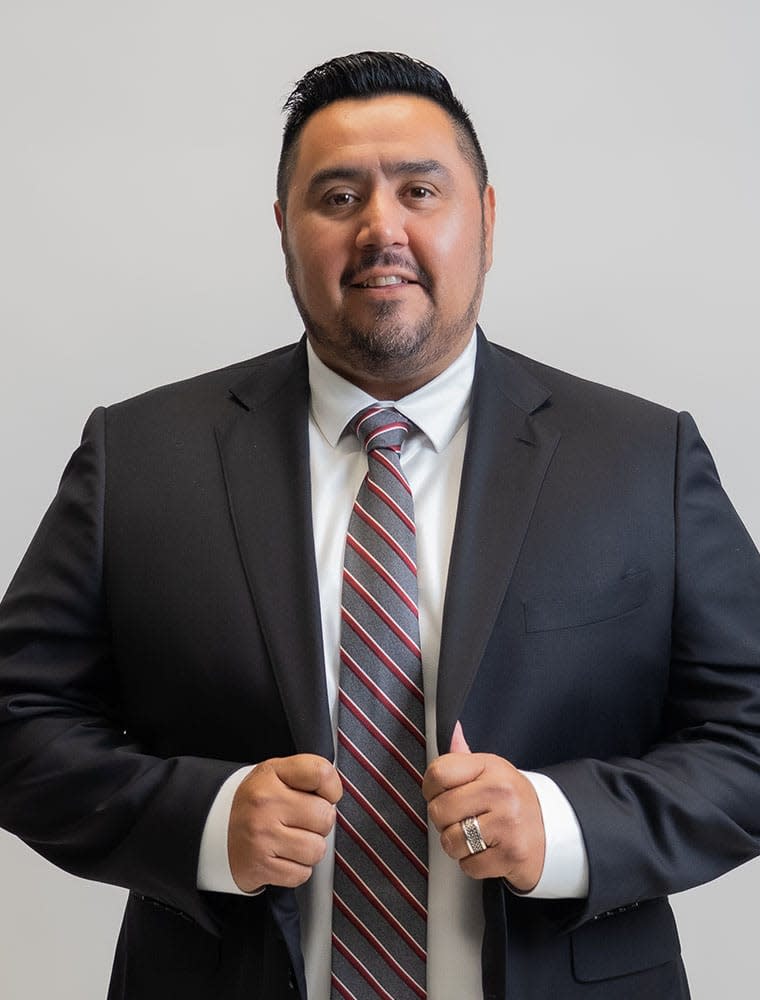DACA survives, again, in court. Why, as an immigration attorney, this disappoints me
A federal judge in Texas on Sept. 13 ruled that the immigration policy that grants deportation protections for undocumented immigrants brought to the U.S. as children violated federal law.
Judge Andrew Hanen struck down a version of Deferred Action for Childhood Arrivals, or DACA, that the Biden administration had put in place. The judge had also struck down the original DACA action taken by President Obama more than a decade ago.
DACA supporters say the policy helps people who had no choice about entering the United States unlawfully and have little connection to their home country. Critics, including the states that challenged it, said the policy forces taxpayers to shoulder the cost of social services for immigrants in the country illegally.
We asked Phoenix immigration attorney Ray Ybarra Maldonado what the ruling means for DACA recipients and their supporters. His responses have been edited for space and clarity.
What does the DACA ruling do or not do?

First and foremost, the ruling is pretty unimpressive because it keeps things the same as they were the day before. So, the program remains in place.
People can continue to renew their status every two years. People can continue to seek advance parole allowing for travel outside the U.S. and to return lawfully, but new applicants cannot get into the program.
They can send out their applications, but they won’t be adjudicated by United States Citizenship and Immigration Services.
So, unfortunately, this ruling is just more of the same.
So the U.S. Supreme Court will have to decide?
Yeah, I think it’s such an issue of national importance that it reaches across state lines. So, I am pretty confident the Supreme Court will take it back up again and give us that final resolution.
Nonetheless, it’s very disturbing, as a practitioner, to see people every day who are DACA recipients continue to live in limbo when this judge is very clearly stating his opinion.
He doesn’t believe that the program is legal, and that advance parole is not being implemented in the way it should be implemented.
And yet he just puts a pause on the program and says it can stay the same as is — therefore, not to disrupt anything in the political realm and keep the DACA program as it is today.
How does the ruling impact the 2024 election?

I felt disappointed from a political perspective.
I was anticipating that this ruling was going to come down negatively as it did, but that it was going to end up terminating the program with a date, which was then going to force this to be an issue in the 2024 election.
What Judge Andrew Hanen did here was to punt the ball farther down the road, go off on the program, say it’s unlawful, so that the administration violated the law by implementing it — but then he failed to actually take away the program.
It was great for me to be able to tell people I work with, my clients, that we can continue to renew and go for advance parole.
But for the bigger picture of getting some sort of DREAM Act, which would grant permanent protections and provide a pathway to citizenship, or immigration reform, it’s an absolute failure.
It just pushes the issue further down the line, resulting in nobody taking action.
If the judge truly believes this program is unlawful, then he should take the action needed to push Congress into making that final decision and implementing a DREAM Act program or something similar.
Any chance of a resolution by the 2024 election?
I think it’s unlikely to be adjudicated before the 2024 election. It still has to make its way through the 5th Circuit Court of Appeals, and that normally is not a fast process. They could expedite the issues to get it out sooner.
But I think Judge Hanen had this decision written many months ago. He knew what he was going to say and he took months and months to get it out, all to try to postpone it from being a part of the 2024 conversation.
Another view: Can Arizona survive this global migration trend?
So I think, unfortunately, this was an example of a strategic decision by a district court judge to try to influence politics by keeping this issue out of the conversation. And that’s what we’re dealing with today.
Hopefully, I’ll get surprised and we get a quick decision in the 5th Circuit as the Supreme Court takes it up. But likely, it’ll still be pending by the time we start having serious conversations about the 2024 election.
You believe that DACA will be limbo for a while?
Yes, I think what Judge Hanen’s decision did was keep DACA a non-issue for the time being. Which, again, from a humanitarian perspective, and for the young people and the adults that have this program and their families, I’m sure they appreciate hearing that news.
But at the same time, we need real immigration reform.
Those individuals need a pathway to citizenship, not just to continue redoing the work on it every two years.
All this does for the immigration conversation, instead of forcing us to make change that we haven’t had since 1986, that keeps us in the standstill and on the side burner while folks discuss other issues and then tender us for our vote.
Ray Ybarra Maldonado is an immigration attorney, human rights advocate and founder of Ybarra Maldonado Law Group. Reach him at ray@abogadoray.com.
This article originally appeared on Arizona Republic: DACA ruling hurts Arizona families. Here's why

